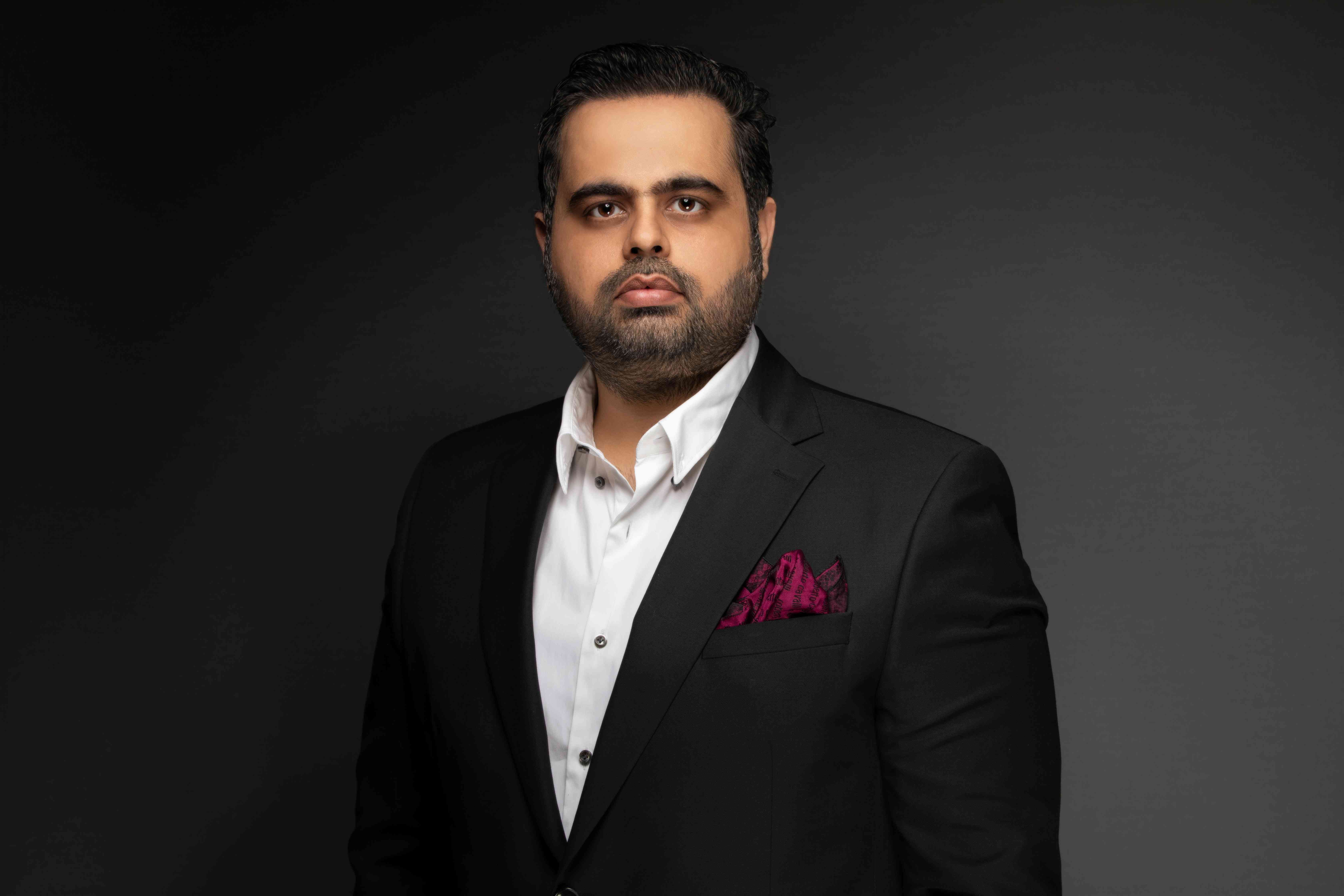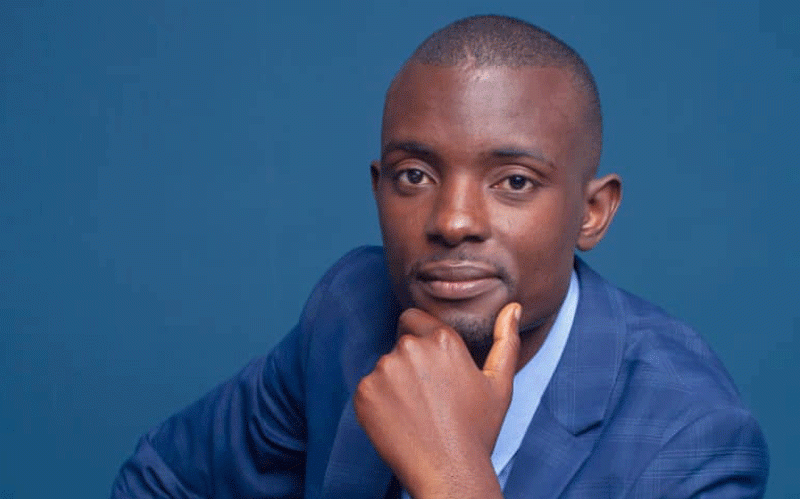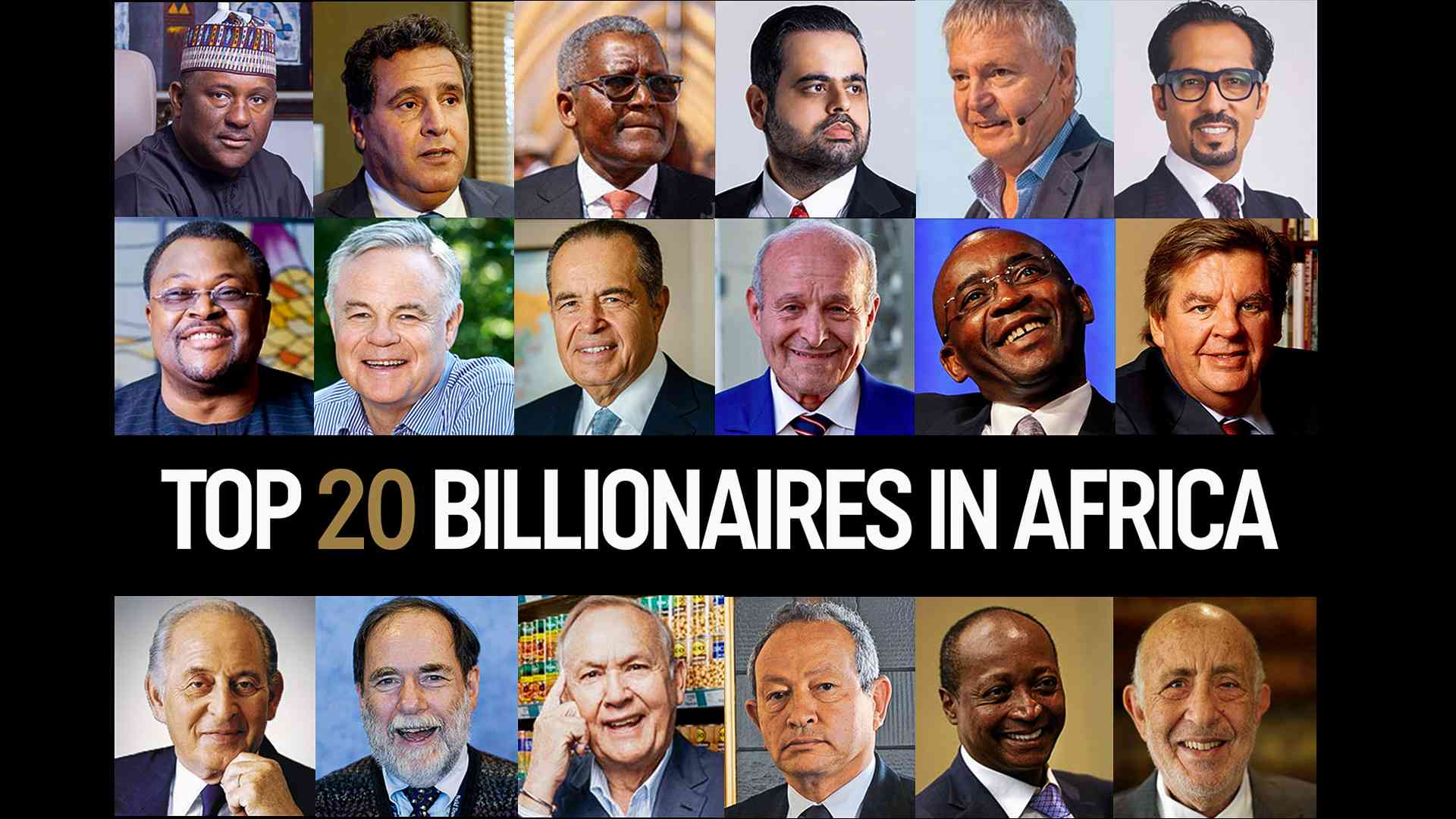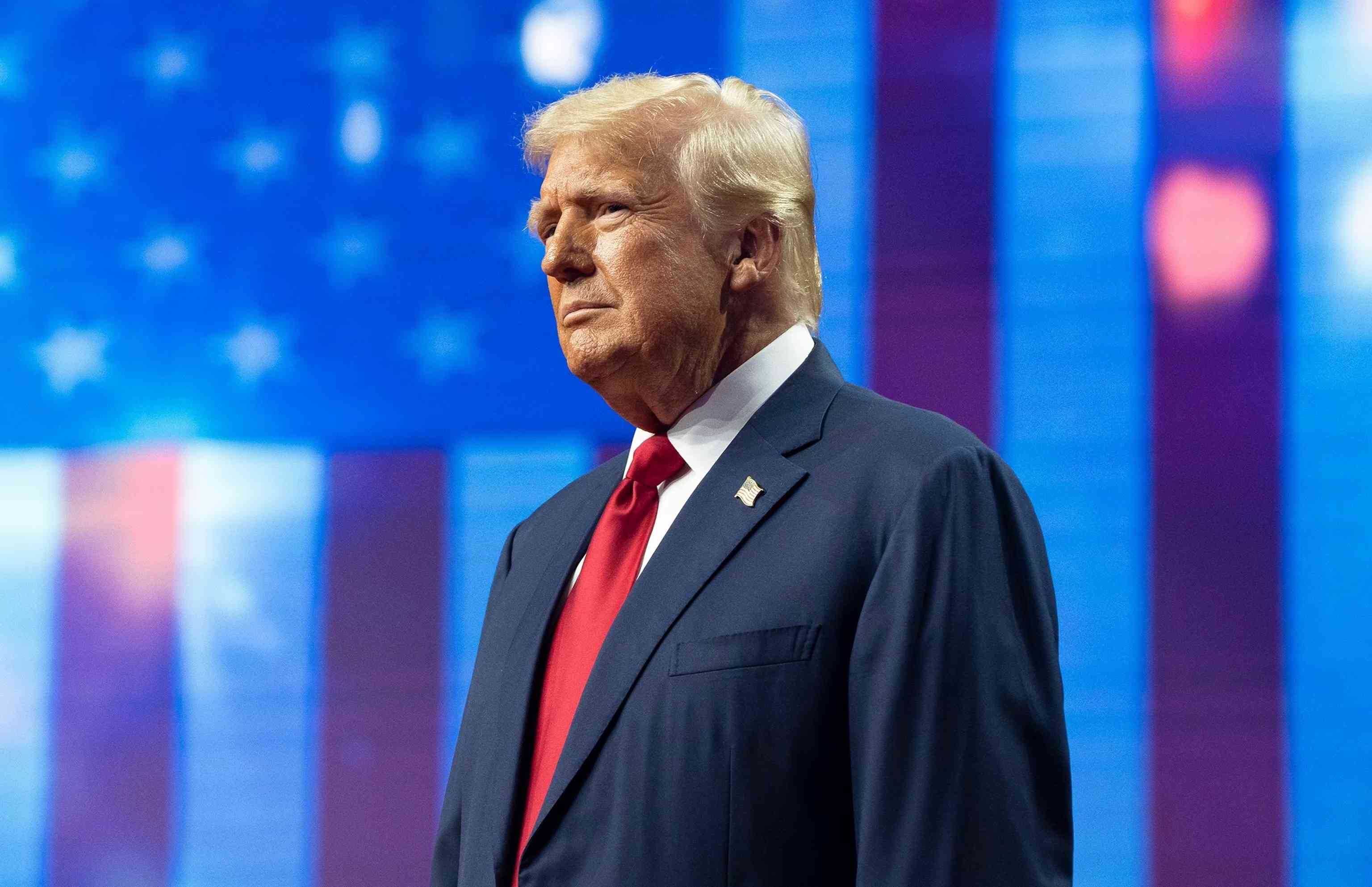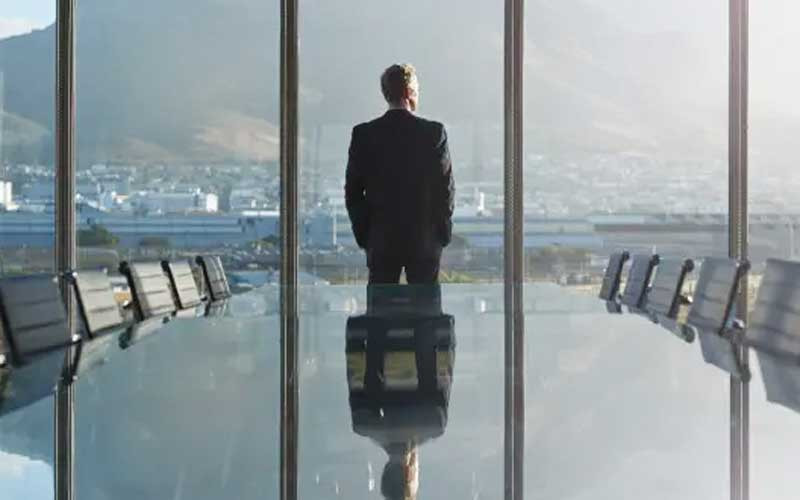
LEADERSHIP is one fascinating, yet complex subject. Diverse definitions have been proposed. But leadership differs contextually.
In my study and reading of leadership, I have since learnt that there is no one-size-fits all with leadership.
This article gives 10 important things that every chief executive officer (CEO) must pay attention to.
Agility
CEOs must adapt their leadership styles to changing circumstances.
This speaks to their speed to learn, adopt, adapt and disrupt.
American systems scientist and the founder of the Society for Organizational Learning, Peter Senge, in his book The Fifth Discipline, teaches about two kinds of learning; generative and adaptive or survival learning.
Survival learning speaks to basic learning like we do in university; learning about what is already there or known.
- Out & about: Warner Music Group squashing the impossible
- Ex-ChiTown chamber secretary fails to stop trial
- Parly caucus on PWDs mooted
- Directors call for workplace shift post Covid restrictions
Keep Reading
On the other hand, generative learning is an extension of survival learning in that it brings the aspect of generating new ideas.
Senge added that: “Through learning, we extend our capacity to create, to be part of the generative proves life.”
Hence, the late Dutch business executive, business theorist and scenario planner Arie de Geus said: “The ability to learn faster than your competitors may be the only sustainable competitive advantage.”
Modes vs models
Understand the difference between business models (how you create value) and operating modes (how you execute). Balance both effectively.
Self-renewal and agility is crucial as a leader. Life is moving fast, and takes the old leader to learn fast to stay relevant.
Yes, we can preserve the old models, but those models must be aligned to new modes, moves and measures.
Remember, modes might change, but the models might not change that much. To explain this further, in the old era, scotch carts were used for traveling.
The mode (of transport) was scotch carts. The model was travelling. The mode has changed, but people still travel (model) still happens.
For example, the model used in shooting a photo has not changed, but the mode used has changed.
In the old times, film was used, now we need smart gadgets to do everything.
For music, the old modes were cassettes and CDs, but the packaging has changed, but the music played in the 1970s or 1980s is still the same.
Patterns paradigms
Patterns are important. Patterns predict outcomes. In understanding human behaviour, patterns are in habits.
Learn your people’s habits. You only can master people through their patterns in behaviour and attitudes.
Noise
The leader needs to master noise. Distinguish true signals from noise.
Leaders recognise that information overload makes knowing what matters more difficult than ever.
Focus on the essential trends and ideas that impact your business. A lot of noise is from competitors, and enemies.
The CEO then needs to know how to manage, plan and play diplomatically.
If you answer to everything and everything you will play victim.
Make decisions
CEOs need to make informed decisions swiftly. Leverage data, insights, and diverse perspectives to drive effective choices.
The CEOs has to make strategic decisions for the organisation to stay relevant, progressive and productive.
Gamify innovation
When you play a game on the phone with a child, the greater possibility is that the child will win.
That’s a simple life principle; we usually need younger minds around us who are in touch with new realistion, technologies and techniques.
As we grow old, our neuro system has this tendency to support and uphold everything that worked in hindsight.
Because it worked in the past, it does not mean it’s needed now and in the future.
Encourage a culture of innovation by gamifying it.
Create incentives for employees to contribute ideas and experiment with new approaches.
Self-cannibalise
Sometimes, companies must disrupt themselves to stay relevant.
Be willing to cannibalise existing products or services to create something better.
In my interview with South African entrepreneur, author, and businessman Vusi Thembekwayo, he said “if you are a leader, don’t wait to be killed by competition or by external forces, but look for means to cannibalise what you created. In other words, you mustn’t be content with your past successes, seek means to create new things. That’s what Nokia failed to do.”
Digital analytics
Embrace advanced analytics to gain a competitive edge.
Online date and consumer ever changing behavioural economics call for CEOs that can swiftly align to those new needs/ problems.
Companies must then apply the power of strategy in communication.
As in any general strategy, the CEO should be able to use diagnostic, planning and implementation tools for effective communication.
Economic landscape
The economy remains a critical signal for CEOs. Mitigating risks, preparing for an endemic future, and navigating inflation and supply-chain woes are top priorities.
Being a socially responsible company means ensuring reliable, affordable traditional products can be provided during the transition.
Scalability
As your organisation’s work load increases, can it continue to work normally?
As the market demand speeds up, are you able to continue supplying the customer’s growing needs?
As your company grows, ensure scalability across processes, technology and talent.
Jonah Nyoni is an author, speaker, and leadership trainer. He can be contacted on X @jonahnyoni. WhatsApp: +263 772 581 918

